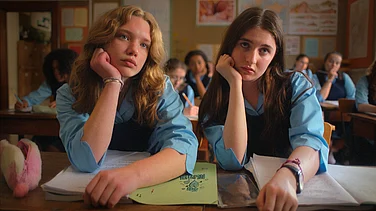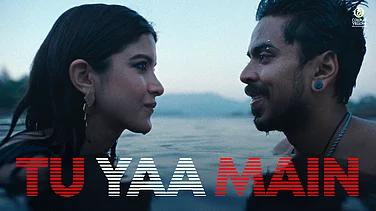Ranbir Kapoor and Bobby Deol-starrer ‘Animal’ is currently creating a storm at the box-office with almost all shows going housefull. The performances and the story is praise worthy but major credit goes to the music in the film that leaves an impact too.
Sandeep Vanga Reddy paid extra attention to music by adding a Punjabi track to a Marathi number and an Iranian song. Here’s a look at the songs/ background score of ‘Animal’ which leaves the audiences humming from the cinema theaters.
‘Chinni Chinni Aasa’ or ‘Chhoti si Asha’: The progressive rock version of the song ‘Chinni Chinni Aasa’ by Threeory was used for Ranbir’s introduction in the film. The song starts with drum beats giving a pump to the star’s entry. The original song is from the film ‘Roja’, which was released in 1992 and the music was by A. R. Rahman.
‘Kadhal Rojave’ or ‘Roja’: Again a progressive rock version of the song by Threeory was used perfectly to describe the childhood love for Rashmika Manadanna’s character Geetanjali and Ranbir’s Rannvijay. The original song from the 1992 film ‘Roja’.
‘Dolby Walya’: Without giving any spoilers, the Marathi track was fabulously used for an action packed scene, where Ranbir looked drop-dead dapper in a white kurta and lungi. The music is by Ajay-Atul and is from the 2016 comedy-drama ‘Jaundya Na Balasaheb’. The original track is picturised on Girish Kulkarni & Saie Tamhankar
‘Jamaal Jamaaloo’: The peppy Persian song, which has now gone viral on social media, was used for Bobby’s introduction. A half century old track was perfectly used for creating an impact for Bobby’s menacing character. The song is by Shirazi choir. The song finds its roots in an Iranian poet named Bijan Samandar. This is often sung at weddings and celebrations.


























